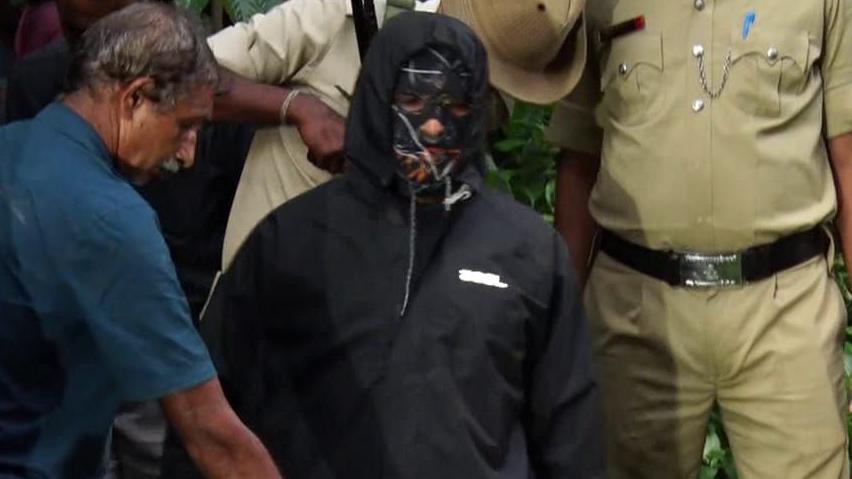A religious town in the southern Indian state of Karnataka has been rocked by a sensational claim made by a man who has accused hundreds of women of raping, killing and forcibly burying themselves.
The shrine, which houses the centuries-old Manjunatha Swamy temple, is a center of faith for thousands of devotees every day. The claim, made public in the city, sparked controversy not only in the local community but also in the political circles of the state.
The state government had formed a Special Investigation Team (SIT) following the incident. An SIT official told the BBC on Saturday morning that the man had been arrested on charges of making a “false statement”.
The man had earlier filed a police complaint in July and given a statement to a magistrate. He claimed that he worked as a cleaner at the temple from 1995 to 2014, during which time hundreds of teenage girls and young women were raped, murdered and forced to bury their bodies.
He gave detailed accounts of five alleged incidents and alluded to many others. He said some of the victims were minors.
Although he blamed the temple administration and staff, he did not name anyone. The temple chief has dismissed all these allegations as ‘completely false and baseless’.
To further stir up a sensation, when he appeared before the magistrate, he produced a human skull from his bag as evidence. He claimed that it was from a body he had buried and had recently dug up.
But now that he has been accused of making a false statement, questions have been raised about the truth of the incident. The SIT has said that further investigation is underway.
What was his motives
Here are some possible short motives behind the man’s shocking claim:
-
Attention-seeking / psychological issues → He may have fabricated the story to gain publicity or due to mental illness.
-
Revenge / grudge → Perhaps he had disputes with the temple administration and wanted to damage its reputation.
-
Financial or political influence → Someone could have motivated him to make such claims for money or political gain.
-
Personal frustration → Losing his job or being mistreated during his service at the temple might have led him to retaliate with false accusations.
Most likely, his motive seems tied to revenge or mental instability, given the dramatic act of producing a skull in court.

















